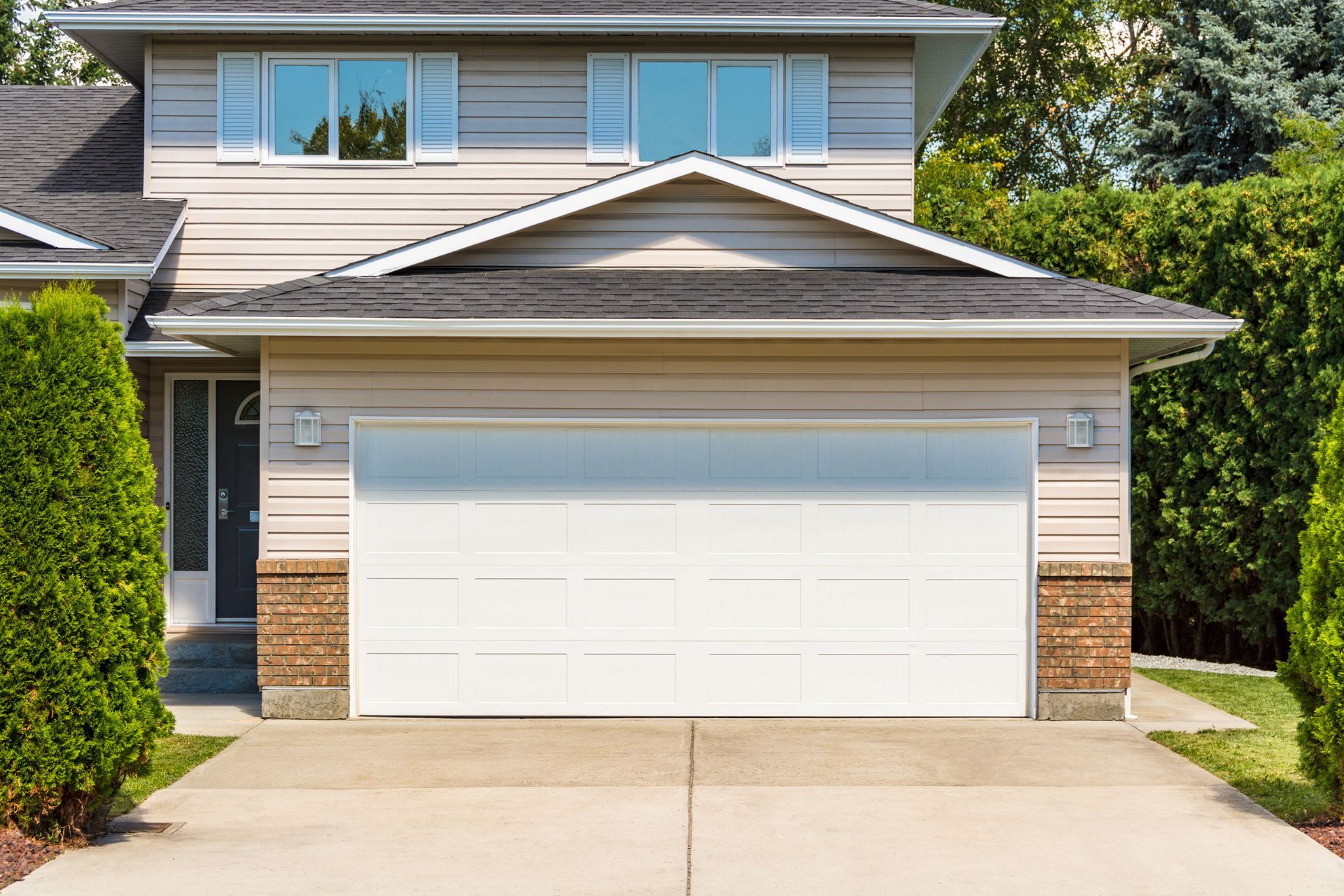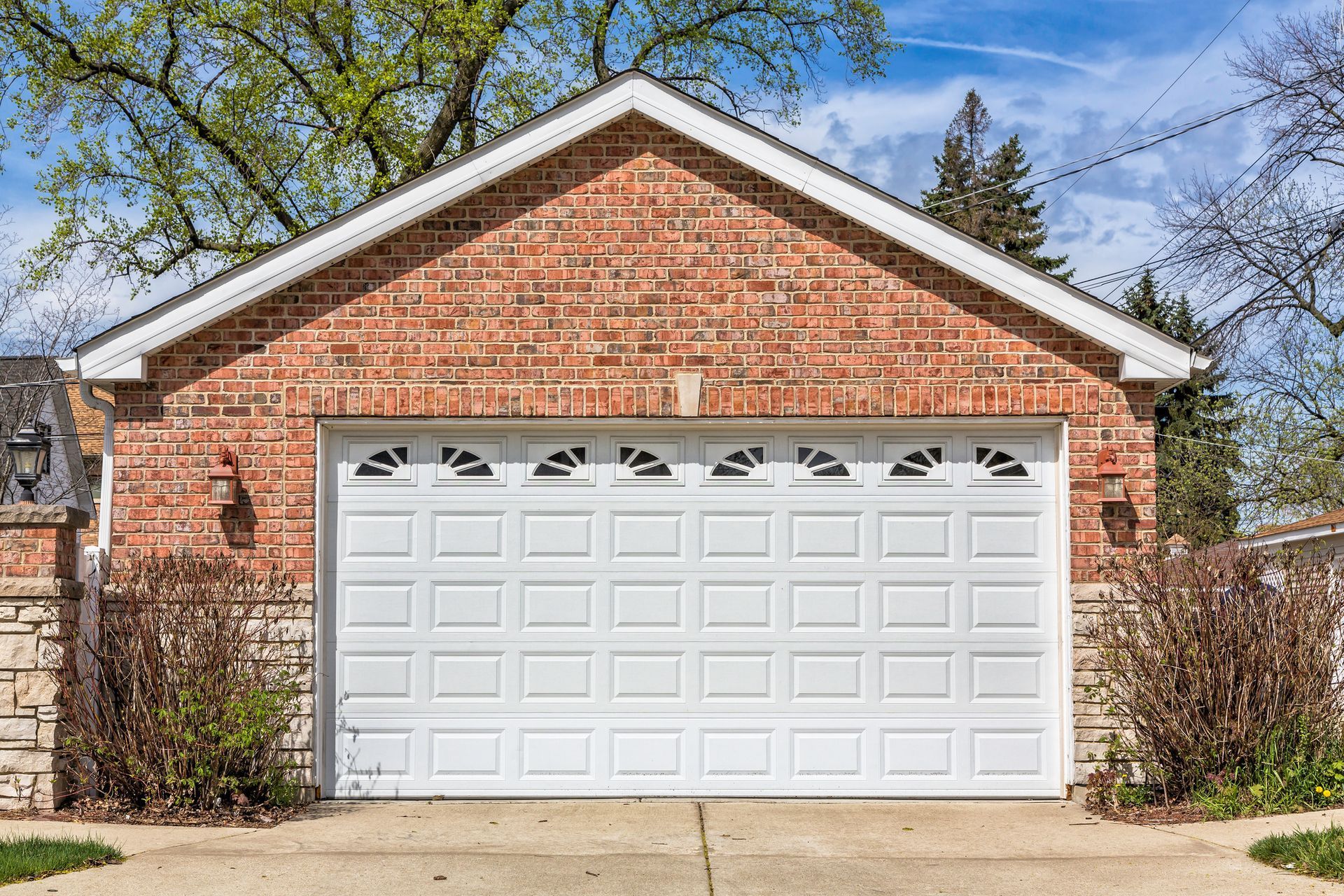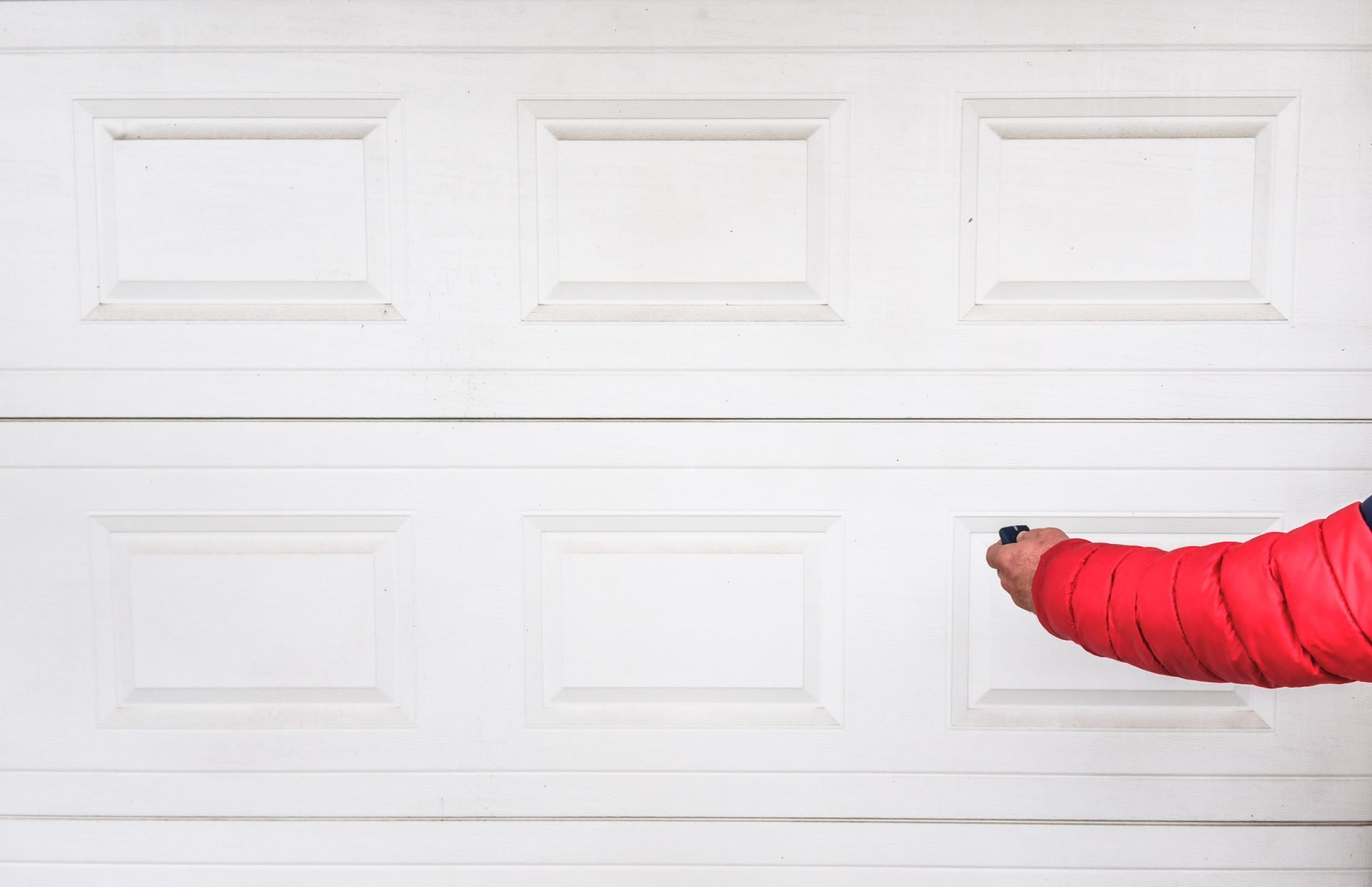Same-Day Free Estimates with 30-Minute Arrival Windows for Collin and Dallas County areas Since 1977.
July 28, 2018
Guide to Keeping Critters Out of the Garage
Pests in your garage can also be a health hazard. Bats, raccoons, mice, and rats can all carry diseases that affect humans and pets. Also, some pests can also cause damage to vehicles parked in the garage.
Follow this garage door guide to help reduce the chances of your garage becoming a home to unwanted guests.
Replace Weather Stripping
A poorly sealed garage door is your garage’s weakest point. Generally, mice and other small mammals can get in through the garage door if it not properly sealed. A garage with good weatherstripping will keep mice out.
Every few months, check the weatherstripping on your garage door. The weatherstripping should still adhere properly, should not be cracked, and should not have any holes or sagging areas. Replace weatherstripping if it is not in good shape. Seasonal damage to weatherstripping is common, especially in hot or humid areas.
You can also look for signs of mouse damage to the stripping itself. Mice can chew through weatherstripping. Run your hands over the weatherstripping when your door is open. If you notice areas that seem ragged or snagged, mice may have been trying to get in or get out through your garage door.
Install a Threshold
You might consider installing a threshold or a rodent guard to prevent mice from getting under the garage door. These help to create an even firmer seal to keep mice at bay. Thresholds also help to stop flood water from entering your garage.
Patch Holes or Consider Replacements
If your garage door is old, it could have patches of rust or even areas where the door itself has begun to break down. Rust can cause minute holes that allow for insects and rodents to enter the garage with ease.
Some smaller patches can be repaired by a garage door specialist, but if your goal is to keep animals out, consider replacing a failing garage door with a new, solid one. If your door was metal, consider a wood or fiberglass door to prevent future metal fatigue.
Check Springs and Other Components
Some doors with older springs or electric lifts may not close firmly. Even a tiny gap at the base of the garage door is enough to allow mice and insects into the garage. Replacing old components will not only make your garage more secure against unwanted animals, but the replacements will also make your door safer to use.
Use Timers and Sensors
Make it a habit to always close your garage door when you are not home or when you’re not using it. A nicely-fitting door won’t do any good if it is always open.
You might consider a door timer or an automatic sensor if you have trouble remembering to close the door. These sensors will close your door automatically a few minutes after you open it. You’ll never sit at work and wonder if you remembered to shut the garage door after pulling out the driveway.
Consider Other Points of Entry
Check other openings to the garage for signs of weakness. Windows and entrance doors should also have good weatherstripping. If you notice cracks in the concrete or gaps in the siding, seals these with foam or repair the area before you have any unwelcome guests.
Manage the Moisture
Moisture can be a draw for pests, especially insects. Fix roof leaks and grading issues that cause leaks in the garage. Standing water by the garage door will cause weatherstripping to fail sooner. If you have a wooden garage door, managing moisture is a key part of maintenance. Moisture can eventually ruin protective finishes and leave you vulnerable to termites and ants.
Keep Things Clean
Sweep out leaves, grass clippings, and other debris from the garage periodically. Don’t leave debris in the path of the garage door where the debris can create gaps in the weather stripping from the weight of the door pushing down on small rocks or twigs.
Also, don’t forget to keep the rest of the garage neat and organized. Your goal in organizing your garage should be minimizing hiding, feeding, and nesting places for animals. You don’t want to encourage animals to find ways to break in to access available food and trash. Animals enjoy garages because they provide food and shelter from the sun, rain, and other predators.
Make your garage a critter-free zone by taking the right precautions. Don’t ignore garage door maintenance. For more information on garage doors
, contact us at Plano Overhead Garage Door.
The post Guide to Keeping Critters Out of the Garage
appeared first on Plano Overhead Door.
Recent Posts

February 23, 2026
Garage doors are among the biggest moving parts in your home. When something goes wrong, it can disrupt your entire day and pose safety hazards. Homeowners searching for residential garage door repair in Dallas, TX , often notice problems during harsh weather changes or after years of everyday use. At Plano Overhead Garage Door, we want to help you spot issues early and keep your garage door working safely and smoothly. Common Signs Your Garage Door Needs Attention Knowing when residential garage door repair is needed can save money and prevent accidents. Some warning signs are easy to spot once you know what to look for. If your door makes loud noises, sticks, or doesn’t open and close easily, repairs are likely needed. Unusual sounds like grinding or squeaking often mean that residential garage door repair is required for parts such as rollers, springs, or hinges. Doors that wobble or move unevenly may be off track. These and similar signs all suggest it’s time for a careful inspection. Broken Springs: A Frequent Problem Springs do the heavy lifting in residential garage door repair. They help your door open and close smoothly. Over time, Texas heat and humidity make springs break down faster. If your garage door feels very heavy or won’t open, a broken spring may be the cause. Trying to fix springs without proper tools can be dangerous. A snapped spring can cause serious injuries. It’s best to contact a pro who understands residential garage door repair and can replace springs safely. Off-Track Doors and Their Dangers Bent or blocked tracks easily lead to doors coming off track. A door that leaves its track won’t move right and could collapse. Hot Dallas summers cause metal tracks to expand, making the problem worse. If you notice your door is crooked or stuck, residential garage door repair is needed. Don’t try to force the door, as this risks further damage and injury. Opener Problems and Sensor Issues Garage door openers make modern life easier but often need repairs. When the remote or wall button stops working, or the motor grinds but the door doesn’t move, you may have an opener problem. Sensors play a crucial safety role in residential garage door repair. Texas storms or high humidity can affect sensor alignment. If the door won’t close or reverses unexpectedly, check for dirty or misaligned sensors. Professional help ensures correct repair and keeps your family safe. The Impact of Texas Weather Dallas weather is tough on garage doors. High heat, fast temperature swings, heavy rain, and storms all speed up wear. Metal parts rust faster, springs lose tension, and wooden doors swell or crack. These conditions increase the need for residential garage door repair and regular inspection. As the weather changes, inspect your garage door for signs of damage or excess noise. Routine checks and early maintenance help avoid bigger repairs. DIY Risks: Why Professional Help Matters Watching online videos might make residential garage door repair seem easy, but it’s often unsafe. Springs, cables, and heavy doors involve serious risks. Homeowners without special tools or training could cause more damage or get hurt. Hiring a licensed expert ensures garage door repair is done safely and correctly. Professional work prevents later breakdowns and extends your door’s life. How Timely Repairs Save Money Small problems become expensive if ignored. Fixing minor track issues or replacing a worn roller is much cheaper than installing a whole new garage door. Routine care and residential garage door repair protect your equipment and keep things running easily. A trusted professional catches small issues early, often before you even notice a problem. This proactive approach limits downtime and prevents your day from being disrupted by unexpected garage door failures. By addressing problems quickly, you save money and avoid sudden, costly emergencies that could impact your home and family. Choose Local Expertise for Peace of Mind Dallas homeowners benefit from working with local professionals for residential garage door repair. A trusted provider understands Texas conditions and knows how to fix problems unique to this area. Experts use the right parts and offer dependable service. Using a local company also ensures a fast response when emergencies happen, giving you peace of mind during stressful situations. Local professionals are familiar with Dallas neighborhoods, so they can arrive quickly and address your concerns without delay. Good customer support and expert repair help keep your home secure, and having someone nearby makes future maintenance and follow-up even more convenient. Get Reliable Garage Door Solutions in Dallas! For fast, safe, and affordable garage door repair in Dallas, TX, call on professionals who care about your family’s safety. Plano Overhead Garage Door has years of experience with residential garage door repair and offers local expertise Dallas homeowners can trust. Don’t wait until a small issue becomes a disaster. Contact us today and protect your home, your family, and your peace of mind!








